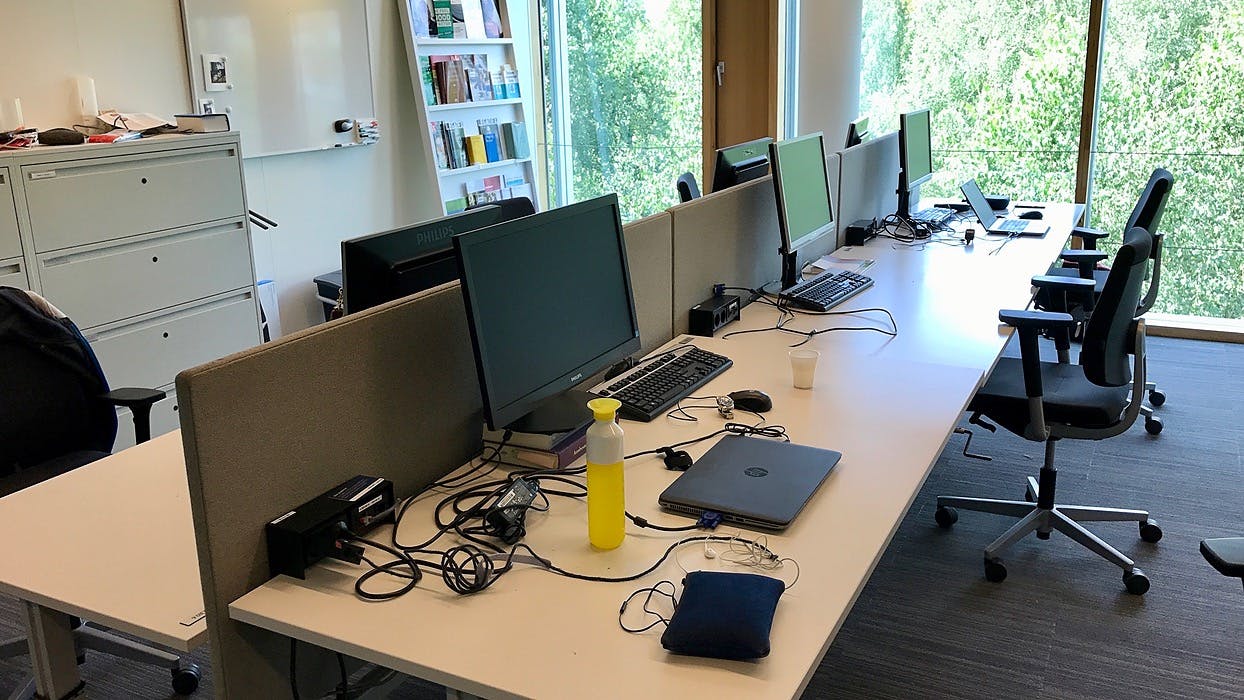535 reads
Five Things You Can Do Now to Prepare for the Return to the Office
by
May 24th, 2020
Business & finance professor, digital lawyer, restaurant owner, board member & traveler.
About Author
Business & finance professor, digital lawyer, restaurant owner, board member & traveler.
